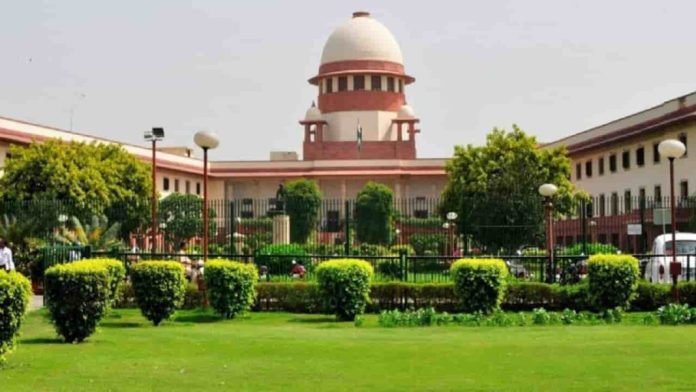The Supreme Court on Monday refused to entertain the petitions challenging the suo motu order passed by the Madras High Court, which re-opened the acquittal of Tamil Nadu Higher Education Minister Ponmudi and his wife Visalatchi in a disproportionate assets case. Supreme Court hails Justice Anand Venkatesh of Madras HC for re-opening acquittal of TN Minister Ponmudi, wife
The Bench led by Chief Justice of India D.Y. Chandrachud praised Justice Anand Venkatesh of the Madras High Court for passing the suo motu order and dismissed the petitions filed by the couple.
However, the Apex Court granted them liberty to raise their contentions before the High Court, noting that the matter was pending before a single-judge bench of the High Court.
In August this year, Justice Venkatesh had exercised his suo motu revision powers to hold that the transfer of case against Ponmudi from the Villupuram District Judge to the Vellore District Judge was ‘ex-facie illegal’ and ‘non-est’ in the eye of law.
The transfer order was, ironically, passed by the Madras High Court itself in its administrative side in July 2022. Justice Venkatesh had raised several questions over the transfer and acquittal, and issued notice to the Prosecutor and the accused for fresh hearing.
The couple moved the Apex Court challenging this order of the High Court.
As soon as the hearing commenced on Monday, the Apex Court said it was not inclined to entertain the petition.
The Bench then told Senior Advocate Kapil Sibal, appearing for the petitioners, that the couple could raise their legal grounds in the High Court since it had no suo motu power.
It said Thank God the Madras High Court has judges like Anand Venkatesh. Mentioning the way in which the Chief Justice transferred the trial from one district to another, the Bench asked about the administrative power to transfer a trial, adding that this was not administrative, but judicial power.
Noting that Justice Anand Venkatesh was ‘absolutely’ right in his observations, the Apex Court said the matter was placed before someone else and the trial was hurried, ending in an acquittal.
It further pointed out that the judge has only issued notice to the prosecution and accused and that the matter was still pending before the High Court.


